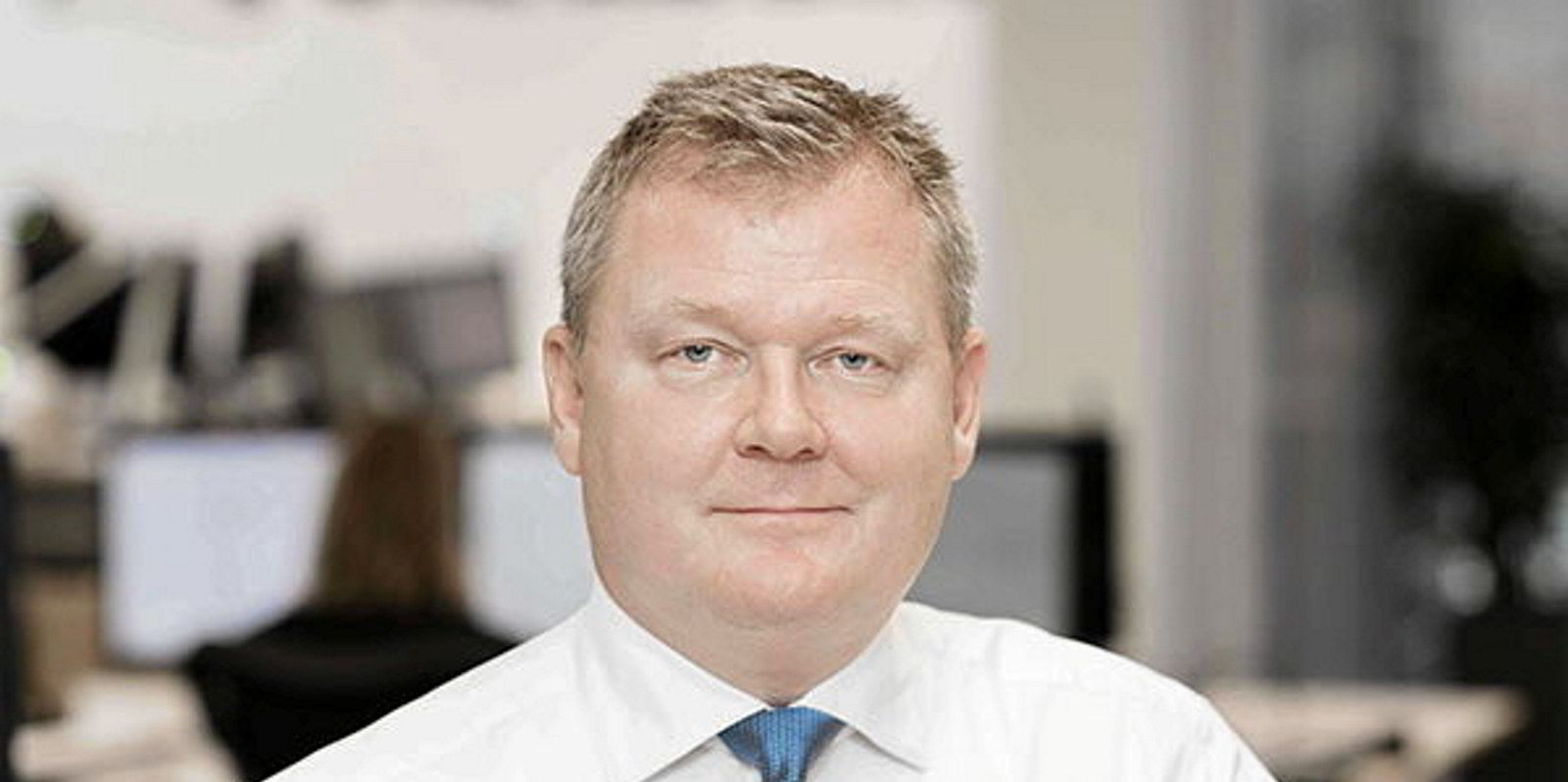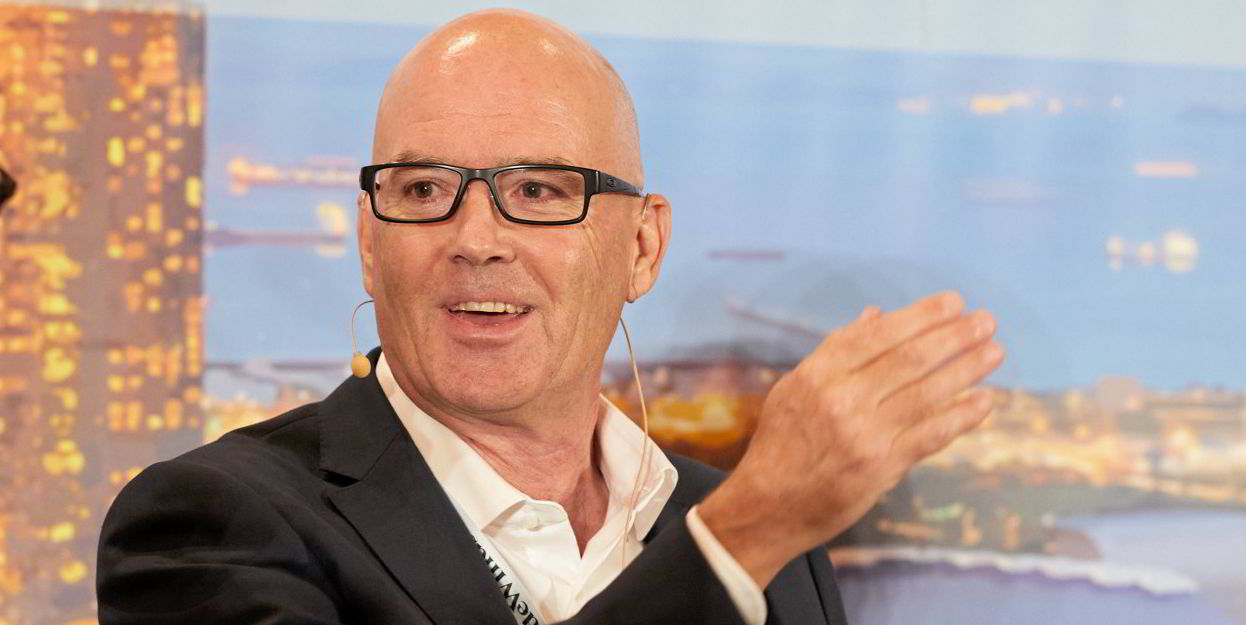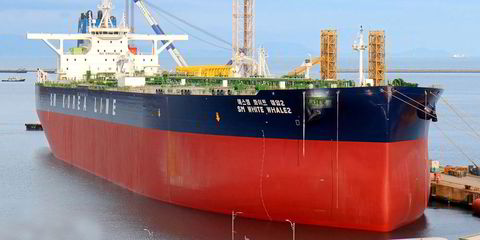Denmark-based owner-operator Ultrabulk is hoping to finalise orders for new ammonia-fuelled bulk carriers this year.
The company plans to move forward on fleet renewal after selling eight older ships last year, six of which went to Pacific Basin in Hong Kong.
Ultrabulk is down to five owned vessels but operates up to 200 at any one time through charters.
“Due to our asset-light business model, our fleet size continues to be flexible, and we are able to quickly adjust to market trends,” chief executive Hans-Christian Olesen said.
He added that Ultrabulk is “in continued close dialogue with partners” about a series of new vessels for delivery in 2026 and 2027.
“We expect to close these negotiations during 2024,” Olesen said.
Ultrabulk said at this time last year it was in talks over newbuildings.
Olesen added: “We have a young fleet compared to the average age of the world fleet, which enables us to stay ahead of regulation and be a less CO2-intensive choice. During 2023, we continued our efforts to renew and improve the fleet while disposing of older ships.”
Ultrabulk specialises in handysize, supramax and handysize bulkers, as well as multipurpose vessels.
The company said 2023 was a very strong year in a normalised, albeit volatile, market.
“In addition to strong spot business performance which solidified the result of the year, we were able to execute on a number of vessel sales which contributed to the result positively,” the operator added.
Earnings down in a more normal year
Net profit was $53m, down from $172m in record 2022 markets.
The figure was still significantly above the expectations set out last year, the company said.
Revenue came in at $1.48bn, down 31% from 2022 in more normal markets.
Olesen said: “Compared to the record years 2021 and 2022, the result in 2023 was significantly lower, but seen in a historical perspective, 2023 has been the third-best year for Ultrabulk, so I am very pleased with the result.”
He described the market as “extremely unstable” due to geopolitical tensions, the operational challenges in the Panama Canal and a slower average speed of the world fleet as a result of environmental regulations.
“This means increased volatility and huge local differences in market levels, but I believe we have the right systems and procedures in place to navigate this uncertainty and to keep servicing our customers in a reliable manner,” Olesen explained.
Ultrabulk expects the supply and demand picture to remain tight this year, with profit in a range between $10m and $25m.





